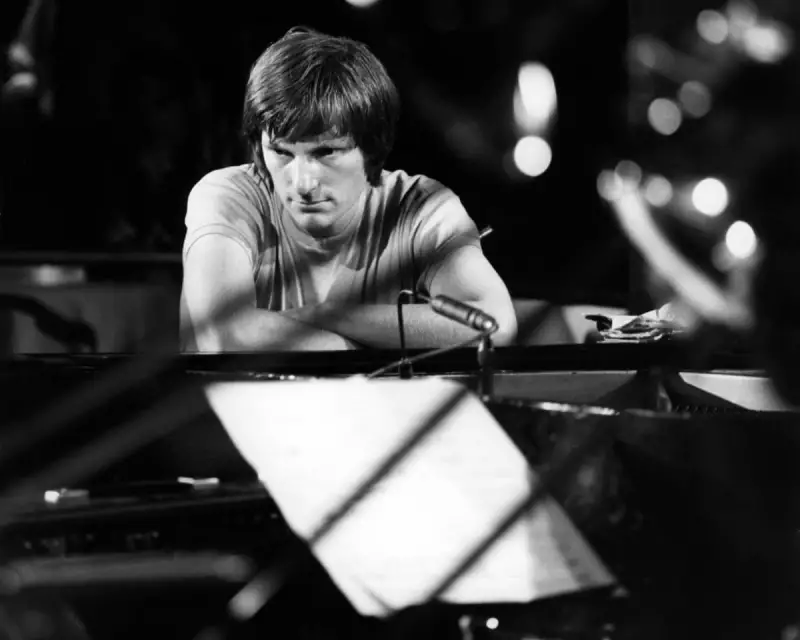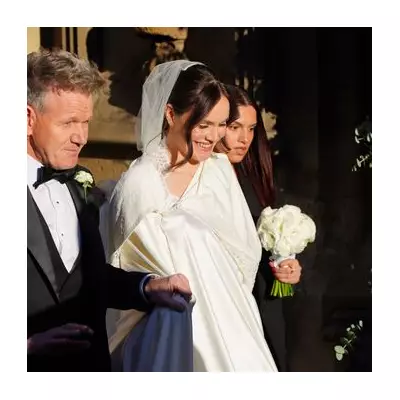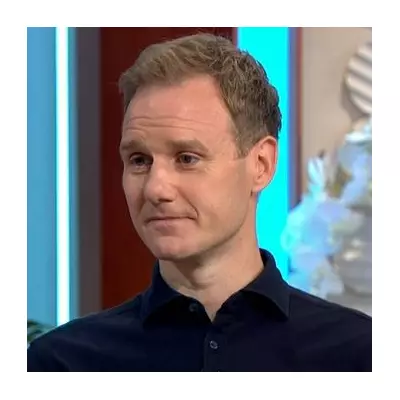
From his seaside Devon cottage, 89-year-old Mike Westbrook reflects on a life that has relentlessly challenged musical conventions. The calm of his book-lined sitting room, dominated by a grand piano and a signed picture of Duke Ellington, belies the turbulent, cinematic energy of the jazz he has composed for over sixty years.
A Salvage Mission for a Lost Masterpiece
Recent health issues have limited his playing, leading Westbrook to spend the last two years archiving his life's work. This process unearthed a pressing mission: to rescue The Cortège, a monumental two-and-a-half-hour jazz suite that has been unavailable for decades. The original 1982 studio recording is entangled in legal issues, so Westbrook took matters into his own hands.
He turned to a primitive 1980 BBC Radio 3 live recording. "The balance was poor, and the [tape] quality wasn't very good, so it was a question of: could this be rescued?" Westbrook explained. The solution was cutting-edge AI software, which isolated and enhanced individual instruments and voices from the muddy mix. The result has delighted the composer, who proclaims, "It's one of the best things we've done."
From European Highways to the National Theatre
The Cortège represents the pinnacle of Westbrook's artistic vision, which re-established big band music as a progressive force in British jazz. The work's roots are in his extensive European travels in the late 1970s with his wife and creative partner, Kate. "We wanted to be full time artists, and we were both broke," he recalls.
Alongside vocalist Phil Minton, they developed what Westbrook terms jazz-cabaret. "I think cabaret is a useful term, because it means you can do whatever you like: a comic song, a serious piece of music, a poem," he says. This eclectic approach found a warm reception in France, Italy, and Germany, even leading to a stint as a circus band in France.
The suite finally coalesced at a 1978 street festival in Santarcangelo, Italy, blending his experiences in rock, cabaret, street performance, and theatre. A key track from the suite, named after the festival, features a version of William Blake's Jerusalem. Blake was a major influence; in 1971, Westbrook composed music for Adrian Mitchell's Blake-inspired play Tyger at the National Theatre, then under the creative directorship of Laurence Olivier.
Breaking Barriers and Facing Backlash
Westbrook credits the generous, risk-taking funding environment of the 1970s and 80s for enabling such ambitious work. "The BBC had a jazz officer... The Arts Council was also generous," he notes, which led to "very good audiences" for The Cortège and even a BBC documentary.
His barrier-breaking career continued with projects like 1987's London Bridge Is Broken Down, praised by the Irish Times as "beyond category." However, not all audiences were immediately receptive. In 1992, he led the first jazz orchestra to perform at the BBC Proms, presenting big band versions of Rossini.
"At first, the prommers stood with their backs to the stage," Westbrook remembers. "Gradually they came round and by the end when we played a rock version of the William Tell overture, they were all jigging about. But we got some hate mail afterwards."
New Frontiers at 89
Even now, Westbrook is exploring new musical territories. He is currently learning the language of church bells for a collaboration with composer Marcus Vergette in Highampton, Devon. Kate has written lyrics for the piece. "This has led me into a whole new, rather strange territory... It's a whole different musical language," he says, fascinated by the possibilities of just three bells.
As he continues to sort through a lifetime of scores, Mike Westbrook knows how fortunate his career has been. "I was allowed to experiment, make mistakes and spend a lot of time on the road, and to figure out what it's all about," he reflects. "Music is a serious business." The newly resurrected The Cortège Live at the BBC 1980 is released on 14 November by Cadillac Records.





